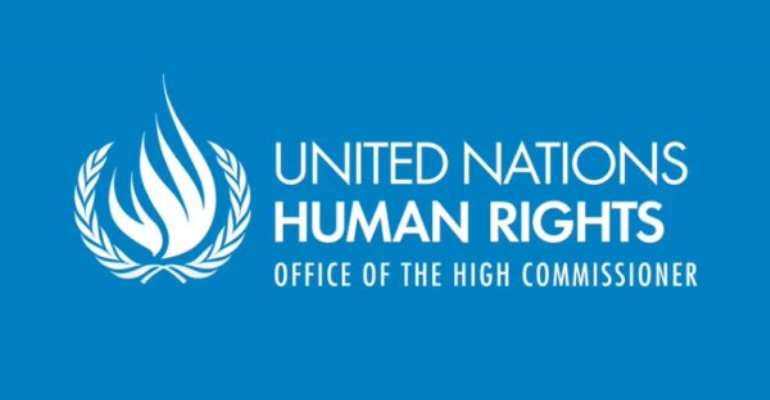Gambia executions an unfortunate setback for human rights protection -- Pillay

GENEVA, Switzerland, August 30, 2012/African Press Organization (APO)/ -- The UN High Commissioner for Human Rights Navi Pillay said Thursday she was deeply disturbed that after 27 years without any official executions in the Gambia, nine death row inmates were killed by firing squad in an unfortunate setback for human rights protection in the country.
“The Gambia has, for almost three decades, been one of the increasing number of states that did not practice capital punishment – until this sudden, grave, unfortunate change of course,” Pillay said. “The confusion and lack of transparency for several days over whether the executions actually took place, and accompanying uncertainty about the identity of those executed, is unacceptable, particularly for the family members of those killed. Secretly executing individuals without informing their families amounts to inhuman treatment.”
“The statement by President Yahya Jammeh that all remaining death sentences would be carried out by mid-September is extremely worrying, and raises serious questions about the motivation behind the sudden rush to execute. A further statement by the Ministry of the Interior, which seeks to justify the change of policy, is seriously misguided,” Pillay added.
“I urgently call on the President and relevant authorities in the Gambia to heed all the international, regional and local calls on the Government not to carry out further executions.”
Pillay also noted that major concerns have been raised about the fairness of the trials of some of those who have been sentenced to death. She warned that international law, including the International Covenant on Civil and Political Rights, which the Gambia has ratified, requires compliance with the most rigorous fair trial standards in cases where death sentences are imposed.
She also noted that in 2010 the Gambia reaffirmed its moratorium on the death penalty when it reported to the Human Rights Council for its Universal Periodic Review, and as recently as April 2011 officially abolished the death penalty for drug offences, in accordance with international standards.
“I urge the Gambia to immediately stem this regression in human rights protection, and to impose an official moratorium, effective immediately, on the use of the death penalty,” Pillay said. “The moratorium that was in place for the past quarter of a century was something the country could be proud of, and was respected for.”
